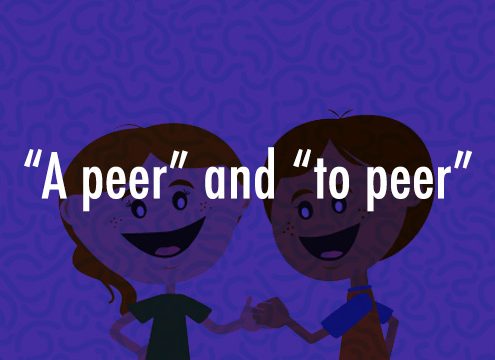Litotes often are a special type of understatement (subestimación), and it is a type of modesty that is a part of the English culture, and language.
We are going to look at some more typical litotes. Click here if you would like to review the article about litotes published in July 19.
Here are the examples:
- Raising taxes is no small matter (= it is an important and big topic). “Small matter” suggests an unimportant topic, and the “no” denies this. You could be direct and say “raising taxes is a very important matter”.
- Rome is no mean city (= a great city). This is a remark (comentario) by St. Paul (Acts XX1, 39), his city of birth. “Mean” in this context suggests inferior or lowly (humilde), and the “no” negates this, so he is saying that Rome is a great city.
- Mr. Podemos is no genius (= he is not clever). “Genius” is positive, and the “no” denies this.
Litotes abound (abundan) in Spanish too.
Have you ever said that “Mr. Sanchez no es nada tonto”? Perhaps. It means that Mr. Sanchez is not stupid (= quite clever). Some more examples:
- I am not an expert in economics = I know quite a lot about economics. Again, in Spanish you do the same: “no soy un experto, pero tampoco soy un completo ignorante”. Here we have “expert in economics” which is positive, negated (anulado) by “not”. Here the speaker is being modest (although he may be an expert).
- Mr. Morales says “I cannot reject the offer of a job with Podemos” = I accept the job offer.
- Mr. Johnson´s idea about abolishing income taxes is not a bad idea (= it is a good idea = es una buena idea).
- Leila is no mean cook (= Leila es una cocinera buena).
- Adrian says that he is a mere mortal (mero mortal o mortal simple). He is a mortal, yes. However, he is being modest, by saying that he is an ordinary (and therefore not special) person.
The English use litotes to understate (subestimar) something because the mortal wishes to be modest, polite and not arrogant. Also, by being careful in your language, you “take the sting out of the issue” (restar fuerza de la cuestión), and make it more palatable (aceptable) for mortals.











